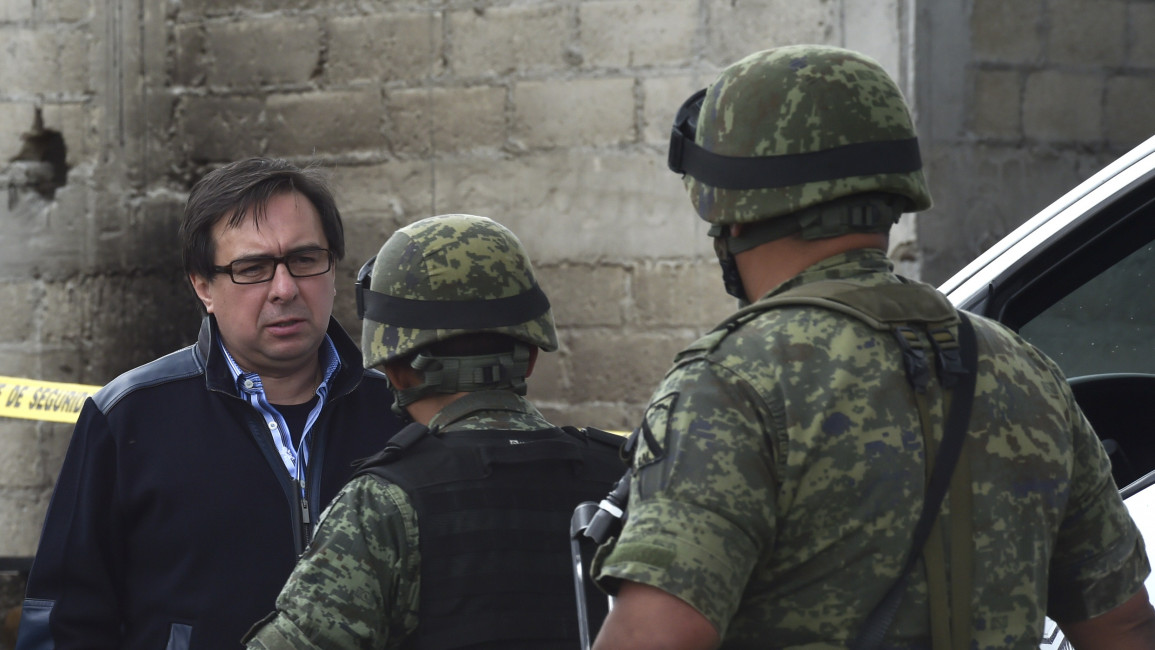Mexico urges Israel to cooperate in extraditing ex-investigator
Mexican President Andres Manuel Lopez Obrador on Thursday urged Israel to cooperate in extraditing a former top investigator wanted in connection with the disappearance of 43 students in 2014.
Mexico wants Israel to arrest Tomas Zeron, who headed the Criminal Investigation Agency, over allegations of serious irregularities in the probe into one of the country's worst human rights tragedies.
"I hope the government of Israel acts with respect for human rights, because the extradition of this public official is being requested, among other things, for acts of torture," Lopez Obrador told reporters.
In January Mexico said that Zeron was trying to obtain asylum in Israel, complicating extradition efforts.
Zeron is accused of kidnapping, torturing suspects, manipulating evidence and embezzling around $50 million of public funds.
Zeron denies the allegations.
Israel has assured Mexico that it is not stalling the extradition process due to the Latin America country's stance on the Israeli-Palestinian conflict as some reports have suggested, Lopez Obrador said.
The disappearance of the teaching students shocked Mexico and sparked mass protests against then president Enrique Pena Nieto's government.
Zeron is one of the architects of the so-called "historical truth," the official version of the case presented in January 2015 by Pena Nieto's government that was rejected by the victims' families.
The students had commandeered five buses to travel to a protest in September 2014, but were stopped by corrupt police in the city of Iguala, in the southern state of Guerrero, and handed over to a drug cartel.
Prosecutors initially said the cartel mistook the students for members of a rival gang and killed them before incinerating their bodies at a garbage dump and tossing the remains in a river.
However, independent experts from the Inter-American Commission on Human Rights rejected the government's conclusion, and the families of the victims continue to demand answers.



